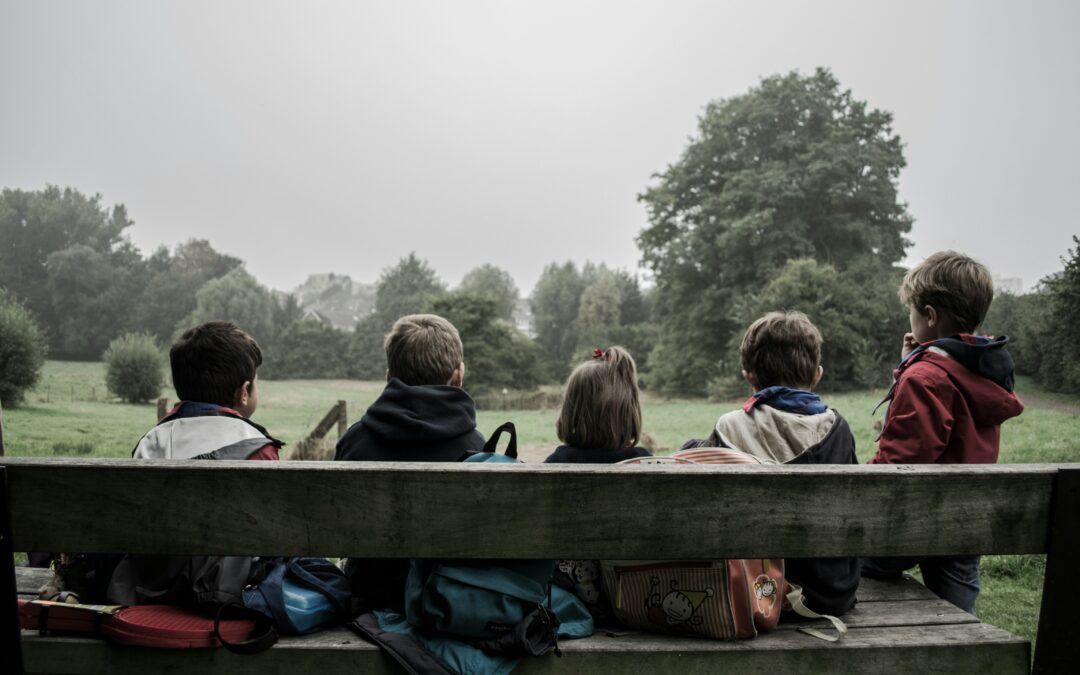Child Development Essential
When we start preschool, we are exposed to all these new faces. Some are flipping through picture books, driving trains along tracks, or playing house in the kitchen and dress-up center. We may join one cluster of kids and all of a sudden, due to a common interest, we have friends.
Children grow and thrive in the context of close social relationships. These relationships provide love, care, nurturing, and fosters cooperation. A positive preschool experience provides important protective factors for young children.
“Learning to successfully interact with others is one of the most important aspects of a child’s development,” (Osman, National Centre for Learning Disabilities).
“Children who begin kindergarten without adequate social and emotional development are often not successful in early years of school and can be plagued by behavioural, emotional, academic, and social problems that follow them into adulthood,” (Clawson, 2000, Stanford Report).
Some of these friends move up the education ladder with us, so the transition from one institution (preschool) to another (primary school) can make things easier. However, sometimes our path leads to new surroundings and we are left to discover new social bonds, while we are still growing and developing as individuals.
“Children who are still in the process of developing a value system are more vulnerable to negative influences,” (Dr. Sylvia Rimm). Children are more prone to experimenting with different social groups as they venture into the world to see with whom they may find a suitable fit. As a result, with an indefinite value or belief system, children may behave in ways that can contribute negatively to their development (e.g., school performance problems, behavioural issues, substance abuse and/or disobedience at home).
The fact that children are naturally and easily influenced highlights the importance of consistent parental guidance and clarity around core values and beliefs along with imparting morals that will guide children well into adulthood. (Packer 2014)
Keeping an eye on children’s social and emotional development at a young age is crucial. Adult-child relationships that are loving and nurturing can foster open communication. It allows parents to take a positive, proactive approach to discuss friendships and help children make good decisions about friendships. Helping children learn some criteria for selection of friends can greatly impact their selection in future years.
Some parents may wonder what to do when they feel some friendships may be having a negative influence on their children. Start by setting limits, in which play with these children may be more supervised or even possibly temporarily discontinued.
For further information, call us today. We can help you and your child discuss the importance of positive relationships, help teach values about friendships, and help develop criteria for early social and emotional decision making.

Recent Comments